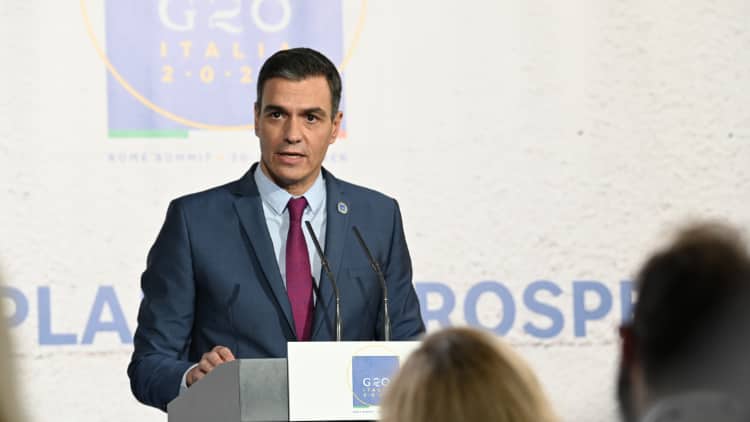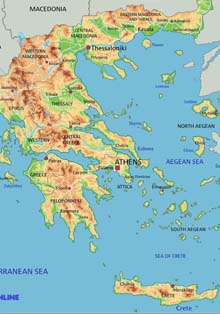Ángel Collado
Pedro Sánchez has put the State Budget on track with his usual generosity towards the pro-independence supporters who keep him in power, but he is stuck in relations with his far-left partners in the coalition government.
Almost two years after signing an agreement with Podemos that included the liquidation of the labour legislation in force since 2012, the head of the Executive has to decide whether to do it for real, as his vice-president Yolanda Díaz demands, or to turn the promised counter-reform around, as his vice-president Nadia Calviño is proposing to Brussels.
Ever mindful of saving his image, Sánchez has derived the problem of his lack of definition (promising one thing to Podemos and the trade unions and the opposite in the EU) to a question of lack of understanding or coordination between the two vice-presidents. He has even set a date of this Tuesday for them to meet and clarify competencies, as if until now they had been going their own way and outside his presumed authority as president of the government.
Yolanda Díaz has been working for six months on a reform of labour legislation to the liking of the trade unions, a project denounced as a ” marxist approach” by the president of the big employers’ association CEOE, Antonio Garamendi. Nadia Calviño, for her part, tried to reassure EU economic authorities that the changes in this area would not go against labour market flexibility, business competitiveness and job creation in Spain. Instead of “repeal”, he prefers to use the term “Europeanise”.
Sánchez now has to choose between the two opposing positions and the threats they entail. If there is no derogation for the benefit of trade unions, Díaz, feeling disempowered, assures that she will take decisions in December. And if Calviño does not impose her own “modernisation” of the 2012 reform, European aid for recovery will be at risk. These are the 70,000 million euros in total administered from La Moncloa that guarantee Sánchez’s stay in power until the end of the legislature.
Calviño, moreover, is in a hurry, recalling that the text of the reform has to be ready this month so that it can go to Congress and enter into force in January.
Sánchez has spent several years, first in opposition and then in government, promising to bury the 2012 legislation inherited from the PP and created to combat unemployment during the previous economic crisis. Under the previous ‘progressive’ government, that of José Luis Rodríguez Zapatero, the rigidities of the Spanish labour market were exposed as job destruction soared.
In this case, Sánchez’s commitment to counter-reform was in writing: “We will repeal the labour reform”. This is the wording of a whole chapter of the agreement signed with Pablo Iglesias in December 2019. It also detailed all the aspects that Díaz is now agreeing with the unions so that they can regain control of collective bargaining. “We will repeal the priority application of company agreements over sectoral agreements,” the text says.
The labour minister also wants collective agreements to have no expiry date, unless they are approved by the unions; to intervene in company decisions on the subcontracting of services; and even to prohibit this practice in some cases, as stated in the coalition pact.
The text of the agreement leaves little room for euphemisms or small print additions to make such a counter-reform digestible for employers’ organisations. And with the predictable rejection of the CEOE and Pablo Casado’s warning that he will ‘snitch’ to Brussels about any step backwards in labour legislation, it is not easy for Sánchez to get along with the repealers (as he himself was) and the ‘Europeanisers’ of the labour market at the same time.
So far, the president of the government has been able to impose Podemos’ own populist solutions on economic policy without major problems, from intervention in the rental market to the profits of electricity companies. Now, he has to choose between complying with the trade unions delighted with Yolanda Díaz or the European orthodoxy represented by Calviño. And in either case the stability of his cabinet will be at risk.







